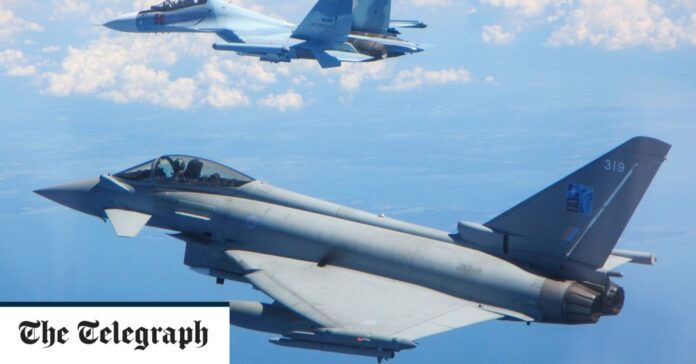Si vis pacem para bellum, says the former commanding general of US Army Europe
With the allied premiers now in discussion at Nato’s Vilnius Summit, the assembled countries would no doubt like to be in a common position that projects unity, strength and strategic clarity. Instead, the western alliance finds itself in disagreement. Sweden’s Nato accession has been settled by a bit of horse-trading by President Biden, but Ukraine’s path to future accession and the new defence investment pledge are up in the air. If these issues are not clearly and successfully addressed in Vilnius, then many will consider this Summit a failure.
Most likely the Alliance will overcome the political disagreements, have a reasonably good Vilnius Summit, and start looking towards the jubilee Washington Summit in 2024. However, political unity in Vilnius will not solve the real combat readiness challenges that still plague Nato. In short: Nato’s forward defence will neither be appropriately forward nor adequately ready for effective deterrence unless all of the European capitals come to terms with the seriousness of the task.
By all accounts the supreme allied commander (SACEUR) General Christopher Cavoli has presented the Allied nations with the most refined military proposals in over 30 years on how to actually defend Nato. While the western alliance has talked about readiness ever since 2014, from the Readiness Action Plan (RAP) to the Nato Readiness Initiative (NRI), no real strategic culture shift occurred until the Madrid Summit last year.
The risks and threats for the partnership are only increasing and there is no shortage of adversarial powers willing to use both non-military and military tools to take down the most powerful and successful military Alliance in history. In response, Nato continues to rely on the irreplaceable commitment of the United States on one hand and Europe’s and Canada’s readiness for equitable sharing of the burden. With collective defence and deterrence by denial now at front of mind in order to deter or defeat the Russian military threat, European under-investments and under-performance will not suffice any longer and it will be up to President Biden to make this point.


